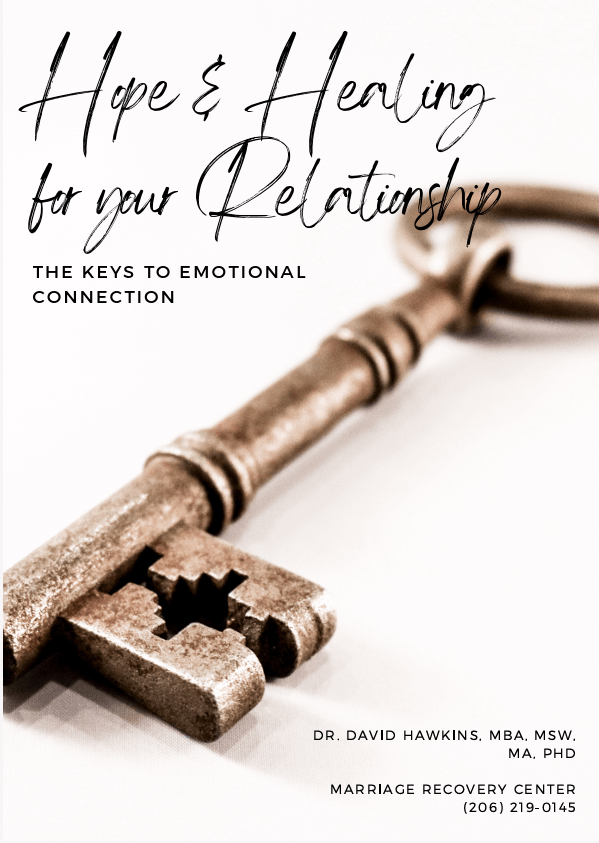Are narcissists intentionally cruel? Most of what you hear and read on the internet will tell you yes, narcissists are evil and get pleasure from seeing others miserable. Dr. Hawkins is an expert on treating people with narcissistic tendencies with decades of experience, and in this video he dives into this controversial topic and explores character pathology and what drives the maladapted behaviors of narcissists. He talks about 3 things to consider that can help us to better understand why narcissists do what they do.
Are Narcissists Intentionally Cruel?
Navigating the Complex World of Character Pathology
Narcissistic and emotional abuse can be incredibly painful and confusing experiences. Victims often find themselves asking, “Are narcissists intentionally cruel?” This question is not without merit, as the abuse they endure seems calculated and deliberate. In this article, we will explore the concept of character pathology to shed light on the intentions behind narcissistic and emotional abuse.
Character Pathology: A Deep-Seated Issue
Character pathology is a term that describes enduring patterns of cognition, emotion, and behavior within an individual. These patterns are not easily changed, as they are deeply entrenched and often have been present for a long time. People with character pathology may exhibit distorted ways of thinking, emoting, and behaving, leading to a host of interpersonal problems.
Adaptive Inflexibility: Locked into Destructive Patterns
One of the defining characteristics of character pathology is adaptive inflexibility. This means that individuals with character pathology have learned to engage in harmful behaviors, such as manipulation or emotional abuse, and have become inflexibly attached to these patterns. They persistently engage in these behaviors, causing suffering to those around them. However, it’s important to note that they may not exhibit these behaviors in all situations, making it harder to detect their harmful intentions.
Vicious Cycles of Maladaptive Behavior: A Self-Perpetuating Cycle
Another key aspect of character pathology is the presence of vicious cycles of maladaptive behavior. Individuals with character pathology often repeat the same harmful actions without learning from their mistakes. They may blame others for their problems, evade responsibility, and refuse to change. This perpetuates a cycle of harm, causing emotional distress to those who interact with them.
Emotional Instability Under Stress: A Lack of Emotional Regulation
Emotional instability under stress is yet another feature of character pathology. These individuals tend to overreact to challenging situations, exhibit poor frustration tolerance, and struggle to manage their emotions effectively. Their inability to handle stress can lead to erratic and hurtful behaviors, which can be particularly distressing for their victims.
Is Narcissistic and Emotional Abuse Intentional?
Given the enduring patterns of cognition, emotion, and behavior associated with character pathology, it’s understandable why victims of narcissistic and emotional abuse might perceive it as intentional. These individuals seem to persistently engage in harmful behaviors, despite feedback and pleas for change. It feels like they are intentionally causing pain.
However, it’s essential to recognize that character pathology is not an excuse for abusive behavior. Rather, it underscores the urgent need for intervention and treatment. People with character pathology require help to challenge and confront their destructive patterns.
Seeking Help and Change
The path to healing from narcissistic and emotional abuse often involves two critical components: the willingness of the individual with character pathology to seek help and the availability of effective intervention. While it may be challenging for these individuals to change, it is not impossible. With the right support and therapy, they can work on altering their distorted thinking, emoting, and behaving.
Understanding the Roots of Narcissistic and Emotional Abuse
In conclusion, the question of whether narcissists are intentionally cruel is complex. While their abusive actions may seem intentional due to character pathology, it’s crucial to view these individuals as in need of help rather than villains. Character pathology points to deep-seated issues that require professional intervention and support to foster change.
If you or someone you know is experiencing narcissistic or emotional abuse, seeking help and support is essential. Remember that change is possible, and recovery is achievable with the right guidance and resources.
To learn how we can help, reach out to us at (206) 219-0145 or info@marriagerecoverycenter.com to speak with a Client Care Specialist
Also read: Is It Borderline Personality Disorder or Narcissistic Victim Syndrome?
About Dr. Hawkins:
The internet is inundated with hyperbole and misinformation about narcissism, leaving many people confused and hopeless. Get the facts on narcissism and emotional abuse from someone who has been researching, writing about and treating narcissism and emotional abuse for over a decade.
Dr. Hawkins is a best-selling author and clinical psychologist with over three decades of experience helping people break unhealthy patterns and build healthier relationships.
He is the founder and director of the Marriage Recovery Center and the Emotional Abuse Institute which offers education, training and counseling for people who want to break free of, and heal from, emotional abuse. Whether the perpetrator of the abuse is your spouse, partner, parent, boss, friend or family member, we offer practical advice for anyone trapped in a toxic, destructive relationship.
In addition to narcissism & emotional abuse, you’ll learn about the lesser known forms of abuse, including covert abuse, reactive abuse, spiritual abuse, secondary abuse, relationship trauma and much more.








